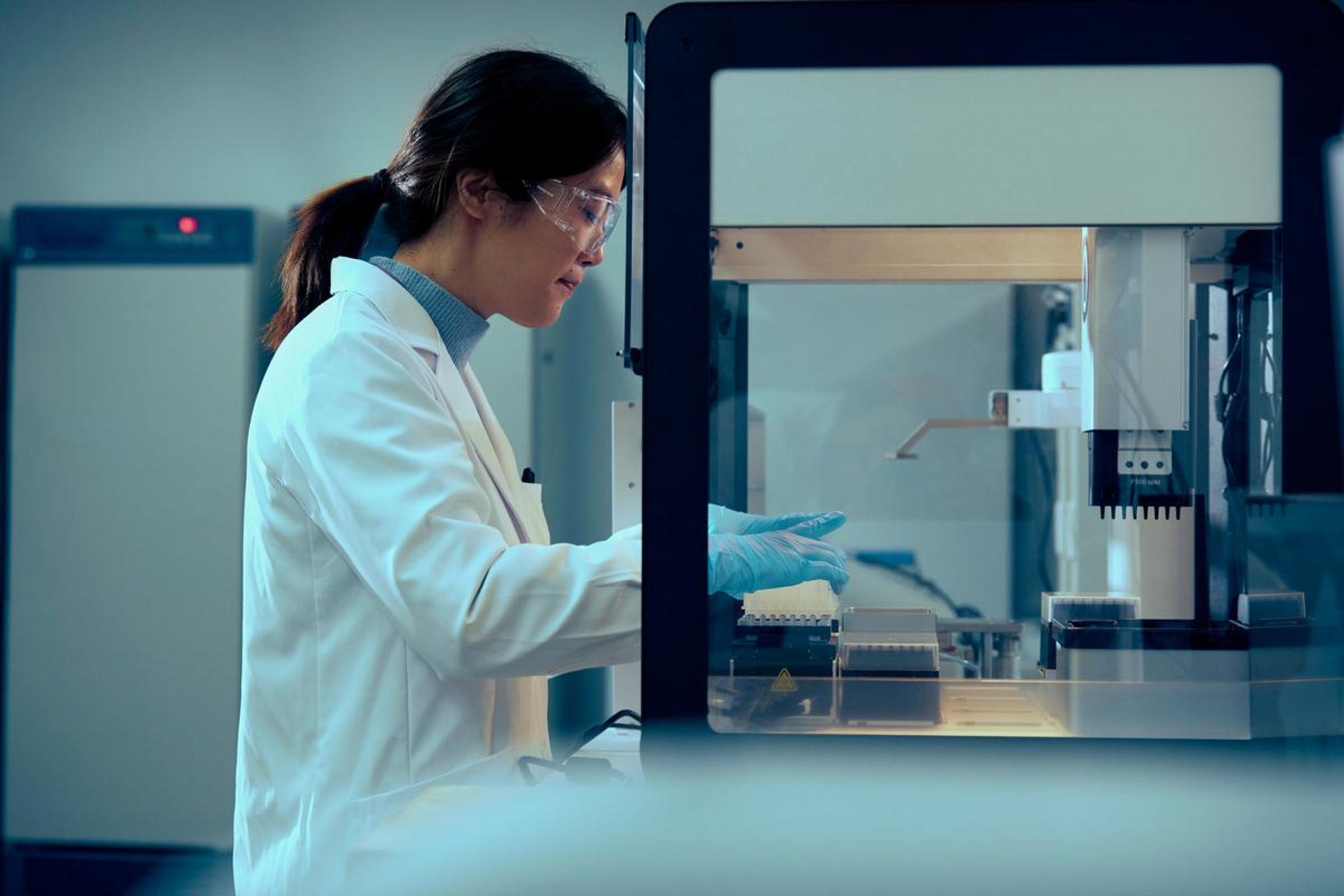Addressing Unmet Needs in Multiple Myeloma Research

Despite significant advancements in multiple myeloma treatment, new solutions are desperately needed to improve long-term outcomes, particularly for newly diagnosed and transplant-ineligible patients.
Multiple myeloma (MM) research has seen a number of new developments over recent years, yet it remains incurable with an estimated 52% five-year survival rate for newly diagnosed patients. 1,2 Complicating matters, MM is most commonly diagnosed in people over age 65, when frailty or certain comorbidities may exclude them from common treatment regimens and procedures, such as a bone marrow transplant. 3
But regardless of age or prior health status, the frequent prospect of relapse, requiring multiple cycles and types of therapy, remains the most consistent issue for care.

Zandra Klippel, Global Product Head, Multiple Myeloma, discusses the MM treatment landscape and Sanofi’s dedication to progressing scientific innovation to help people with MM.
In multiple myeloma, researchers are exploring a type of immunotherapy known as monoclonal antibodies, which are designed to target specific epitopes on MM cells. Targeting these epitopes could potentially induce an immune response and activate the immune system to detect and attack cancerous cells. Recent clinical studies have reinforced the utility of monoclonal antibody therapy targeting the CD38 epitope, a uniformly and highly expressed protein on the surface of MM cells.
MM research isn’t limited to exploring new mechanisms and modalities. It can also involve leveraging novel endpoints to better understand a regimen’s potential long-term clinical benefit. For instance, research presented at the American Society of Hematology (ASH) Annual Meeting and Exposition used minimal residual disease (MRD) negativity – a measure of malignant cells left in the bone marrow after treatment – to evaluate the outcomes of certain treatment combinations in newly diagnosed MM patients. Since MRD negativity is associated with deeper treatment responses in MM, leveraging this endpoint may help researchers accelerate the delivery of potentially transformative medicines to patients.
Our heavy focus in this subspecialty of cancer research can drive us to make a big impact in MM research. We are fueled by our ambition to find solutions for one of the most difficult-to-treat cancers and remain committed to building and delivering on our goal of advancing oncology innovation.
References
- Zhang N, Wu J, Wang Q, et al. Global burden of hematologic malignancies and evolution patterns over the past 30 years. Blood Cancer J. 2023;13(1):1-13. doi:10.1038/s41408-023-00853-3
- Fonseca, R., Usmani, S.Z., Mehra, M. et al. Frontline treatment patterns and attrition rates by subsequent lines of therapy in patients with newly diagnosed multiple myeloma. BMC Cancer. 2020: 20(1087). https://doi.org/10.1186/s12885-020-07503-y
- Pawlyn C, Cairns DA, Menzies T, et al. Autologous stem cell transplantation is safe and effective for fit, older myeloma patients: exploratory results from the Myeloma XI trial. Haematologica. 2020;107(1):231-242. doi:10.3324/haematol.2020.262360